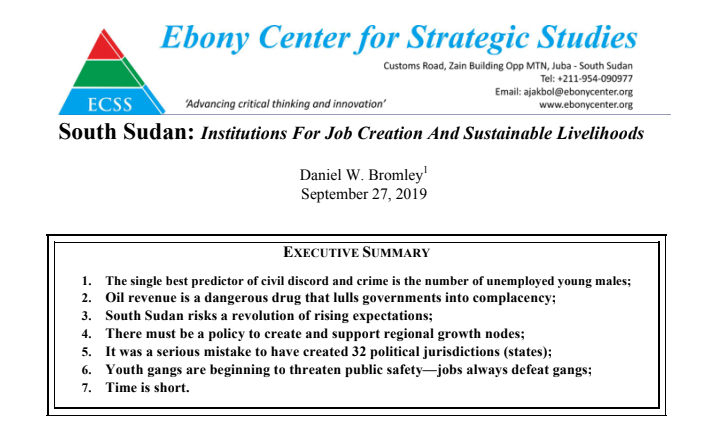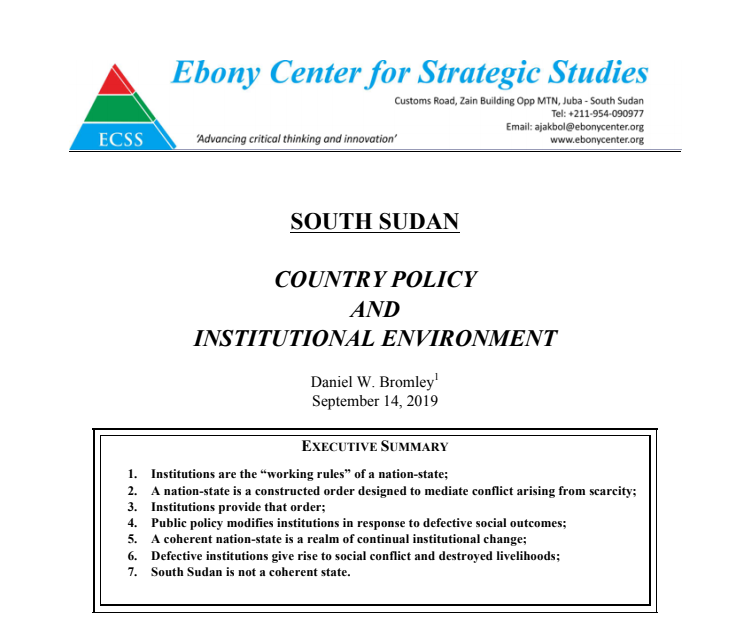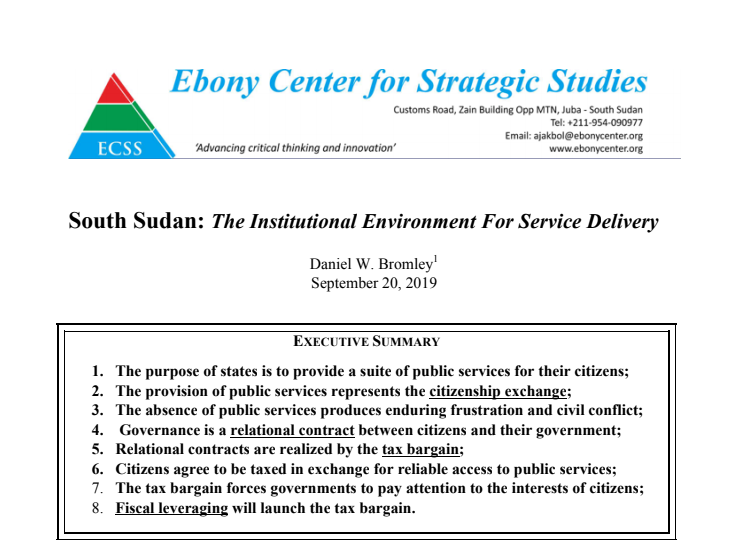The corona virus crisis exposes the perils of an economy in which household income is completely dependent upon work (employment). Revising this arrangement is unimaginable. Bear with me.
The 400-year experiment in which one group of citizens pays another group of citizens to show up for “work” on a regular basis is now in serious jeopardy.
The question worth asking, therefore, is what are people to do when there is no work? This problem has now been driven home to us in an abrupt and tragic way. But the acute nature of this crisis masks a deeper problem—there has not been enough work at a sufficient level of remuneration for the vast majority of Americans since the 1970s. The Recession of 2007-2009 was an early warning of this problem. That crisis was a “wealth” crisis more than an “income” crisis. Ten million people lost their homes. Many lost their jobs. But 60 + percent of households had two people in the labor force and so could scrape through—if losing your retirement savings qualifies as “scraping through.”
But this is not a wealth crisis as much as it is an income (jobs) crisis. Mortgages and rental commitments seem protected. Jobs are not. Millions of people are now jobless. The alleged “social safety net” of state-run (often clunky) unemployment insurance is a bureaucratic nightmare.
The country will now begin to come to grips with a new world of “income-without-work.” It is too dramatic to fathom. But it is coming—of necessity. The candidate Andrew Yang advocated a monthly check of $1,000 for each adult. He must have been reading my mail. This is probably too low for many adults, and unnecessary for millions of the better-off. But one statistic has managed to stick in the public mind over the past 2-3 weeks. That is, approximately 40% of American households cannot absorb a $400 shock. Most of us can remember that situation when we were in college, or just starting out as a family. Few of us can grasp the daily terror of that situation now. Yet there it is. And it will get worse.
By the way—the coming job losses will not be confined to the low-skilled job categories. There is work on Artificial Intelligence that suggests many rather routine white-collar jobs are equally at risk. Politically, the unskilled and marginal participants in the economy can be jobless and few will notice. But when white-collar workers start to lose their job we know there will action.
A guaranteed monthly “subsistence payment” will become available to every adult in America, scaled to each situation. There will a “means-test” of this payment, and it will not be necessary for all.
You might ask how can this be funded. Trillions of dollars of waste and unnecessary costs can be stripped out of the health care system. Our health-care expenditures are about 18% of our GDP— that is, $3.6 trillion. The new economic relief plans being discussed are in the range of $1-2 trillion. If our health-care costs were at the level in Canada, Japan, Germany we would spend 11
% of our GDP—which would be about $2 trillion.
So bringing total health spending down from $3.6 trillion to $2 trillion liberates $1.6 trillion. Our defense budget is a little less than $1 trillion. Perhaps they might donate 40 % of that. There are other places to look for the means to get started on this agenda.
We will now see beginning of a subsistence payment to millions of adults in need.
Dr. Daniel Bromley can be contact at dbromley@wisc.edu.






